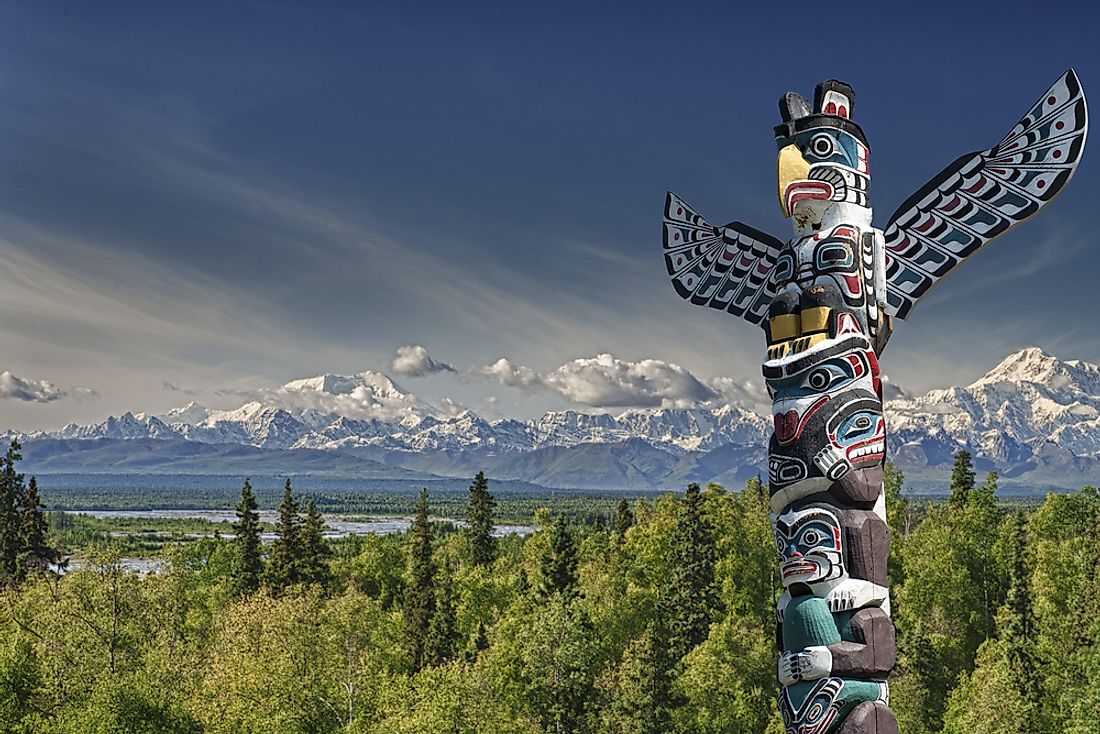Major Ethnic Groups of Canada

Canada is a multicultural country with a total population of around 35 million, or around 0.5% of the world's population. The most populous province is Ontario, with 13 million people, followed by Quebec, with 8 million, and British Columbia, with 4.6 million. The largest city in Canada is Toronto, followed by Montreal. Most people living in Canada self-identify as "Canadian". However, Canada is one of the most multicultural countries in the world, and responses to ethnic origin surveys are incredibly diverse. The following is a list of the ethnicities that the largest number of Canadians self-identify as. All numbers are pulled from the 2016 Census.
Canadians - 32.32%
Although all citizens of Canada are considered Canadians, many Canadians also feel that is the term that best represents their ethnicity. Canadian is the largest self-identified ethnic group in Canada. Prior to European arrival, indigenous peoples (Inuit, Metis, and First Nations) lived in Canada. By the late 1850s, Canada had received many immigrants with origins including English, French, Scottish, Irish, German, Italian, and Chinese. People from a diverse set of ethnic backgrounds can identity as "Canadian".
English - 18.34%
Also called Anglo-Canadians, people who identify with English ancestry make up the second largest self-identified ethnicity in Canada. The history of the English Canadians dates back to settlements made in Newfoundland during the 16th century. Today, immigration from England still often occurs, due to relax immigration laws between Commonwealth countries.
Scottish - 13.93%
Scottish is third most common ethnicity that Canadians identify with. The province of Nova Scotia, which translate to “New Scotland” from Latin, was named for its Scottish influence. Dalhousie University in Halifax, McGill University in Quebec, and Queens University are universities in Canada that have Scottish roots.
French - 13.55%
French closely follows Scottish as one of the most commonly cited ethnic backgrounds in Canada. Their history in Canada dates back when the French colonized regions of North America during the 18th century. Quebec has the largest population of French Canadians. Canadians who speak French are considered French Canadians although some do not speak the language but are of French ancestry. The majority of people in Quebec speak French as their primary language.
Irish - 13.43%
Irish history in Canada dates back to 1536 when anglers from Cork arrived in Newfoundland. The Irish Canadians have been divided in two based on their beliefs, and these include the Roman Catholic and the Protestant Irish.
German - 9.64%
German is another commonly cited ethnic background for Canadians. Toronto has the leading number of German speaking Canadians followed by Vancouver. Alexander von Humboldt School Montréal and German International School Toronto are examples of two schools in Canada where German is the primary language.
Italian - 4.61%
Italian Canadians are another common ethnic group within Canada. Most major cities in Canada, including Toronto, Montreal, and Vancouver, have prominent Italian communities whose populations grew throughout the mid-20th century.
First Nations - 4.43%
Approximately 1,525,565 Canadians, or 4.43% of the total population, identifies themselves as First Nations. First Nations are part of the community of indigenous Canadians who were living in the area of what is now Canada prior to European arrival. There are 634 different First Nations bands that are recognized across Canada, from coast to coast.
Ethnic Groups And Nationalities Of Canada
| Ethnic Group | Percentage of Population Self-Identifying (%) |
|---|---|
| Canadian | 32.3 |
| English | 18.3 |
| Scottish | 13.9 |
| French | 13.6 |
| Irish | 13.4 |
| German | 9.6 |
| Chinese | 5.1 |
| Italian | 4.6 |
| First Nations | 4.4 |
| Indian | 4.0 |
| Ukrainian | 4.0 |
| Dutch | 3.2 |
| Polish | 3.2 |
| Filipino | 2.4 |
| Other British Isles | 1.9 |
| Russian | 1.8 |
| Metis | 1.7 |
| Portuguese | 1.4 |
| Welsh | 1.4 |
| Norwegian | 1.3 |











